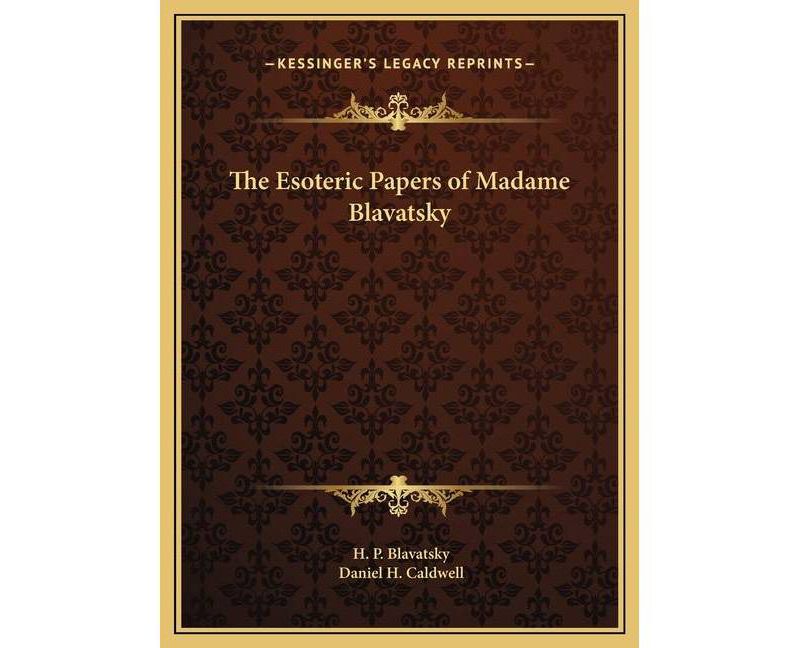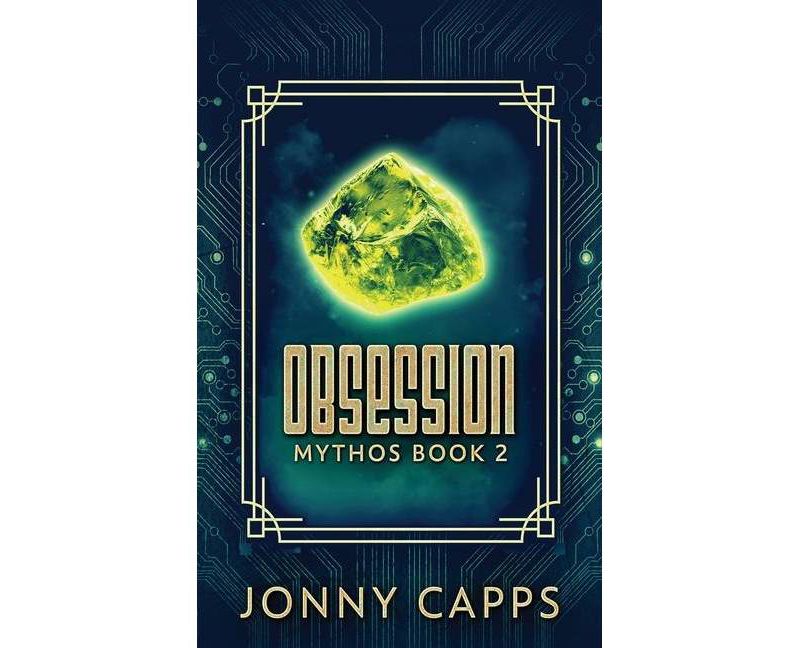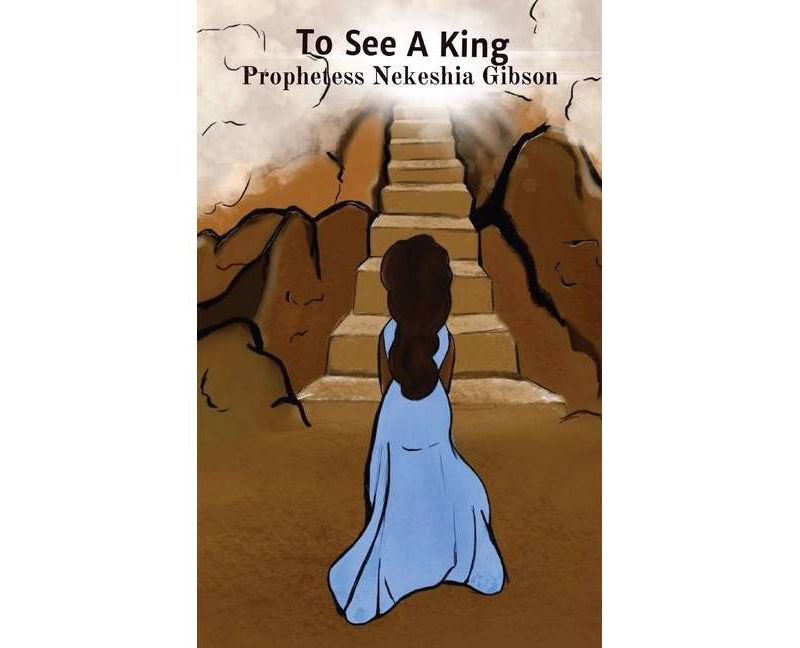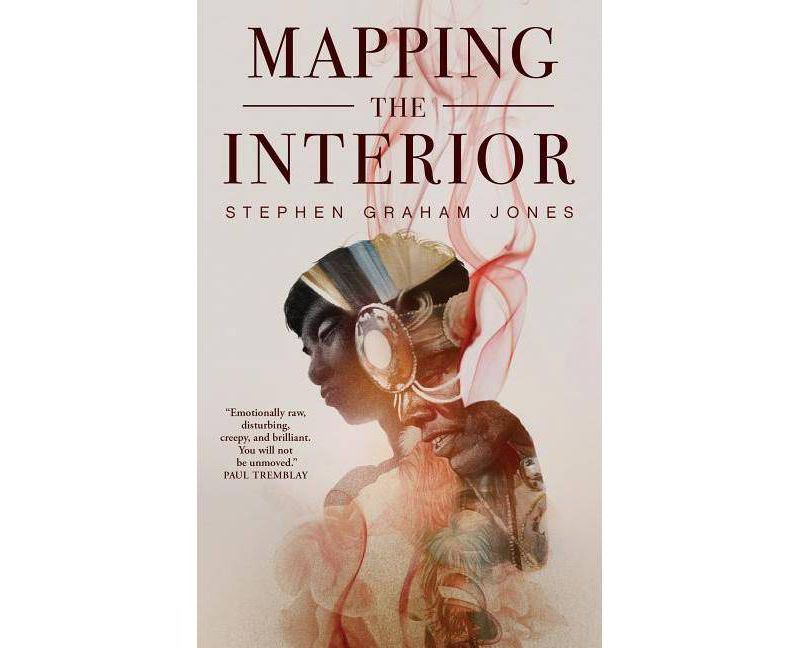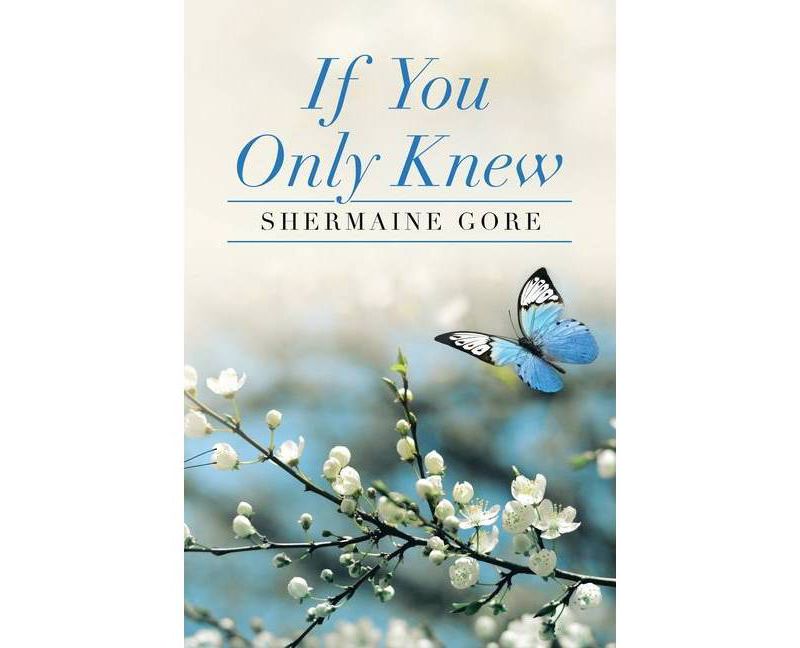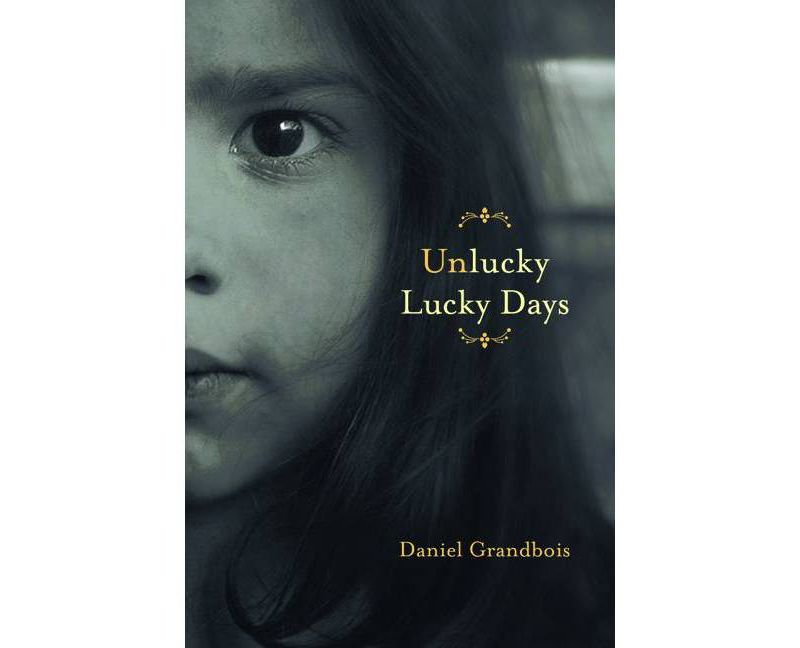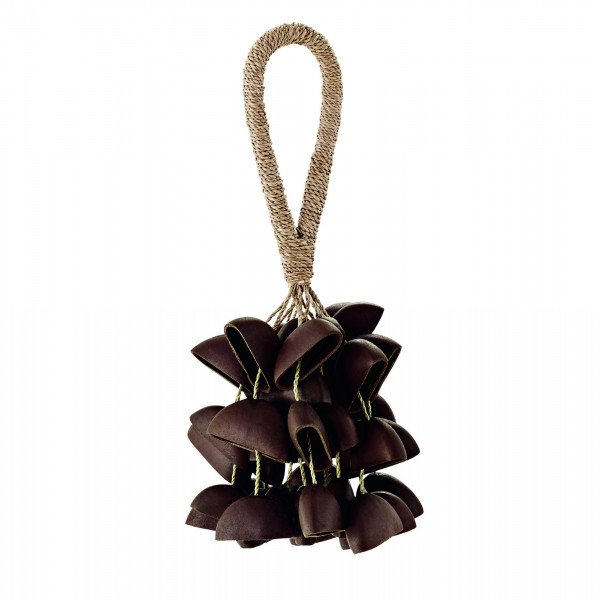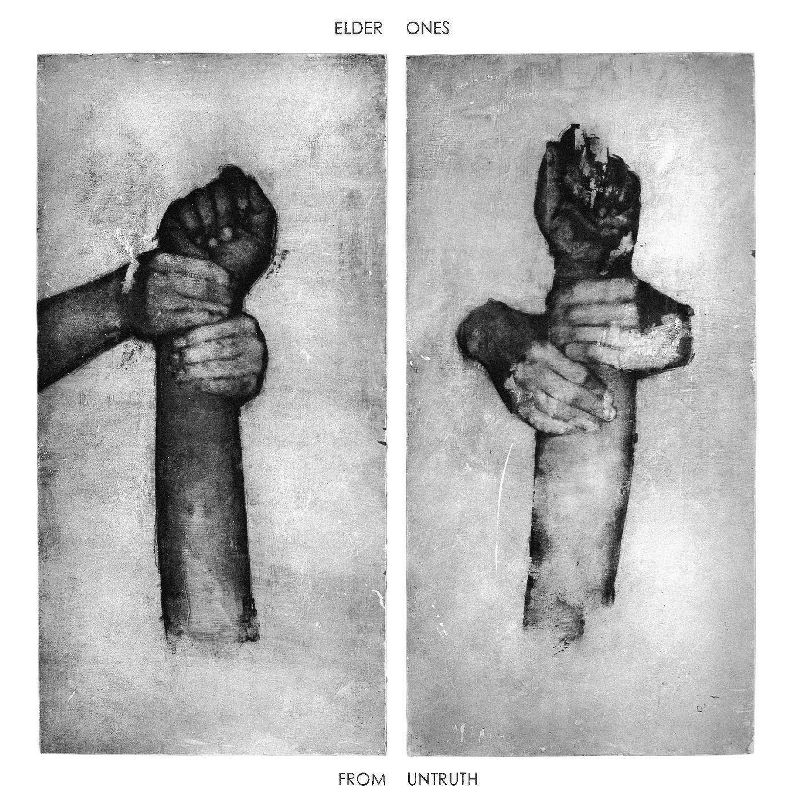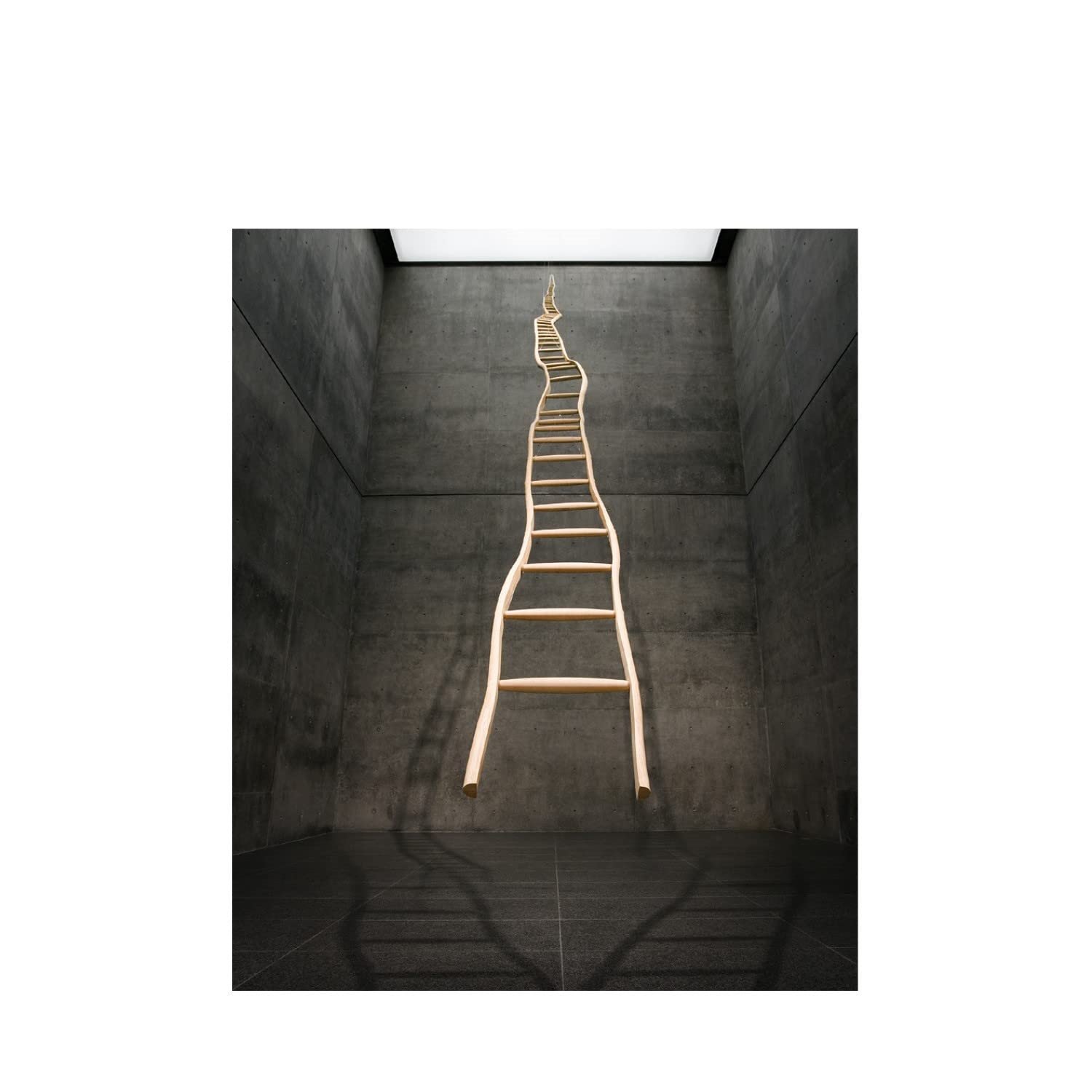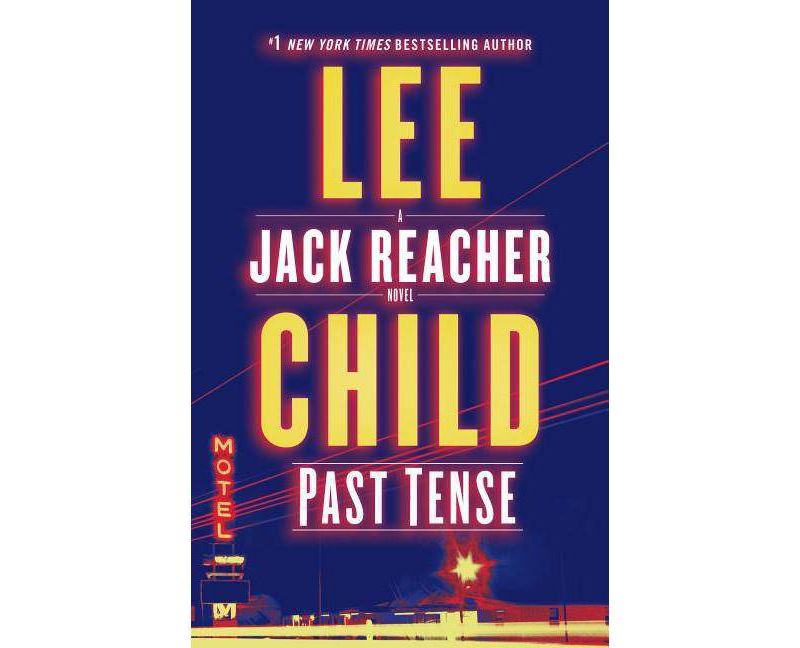Buy Tales of Moonlight and Rain - (Translations from the Asian Classics (Paperback)) by Akinari Ueda (Paperback) in United States - Cartnear.com
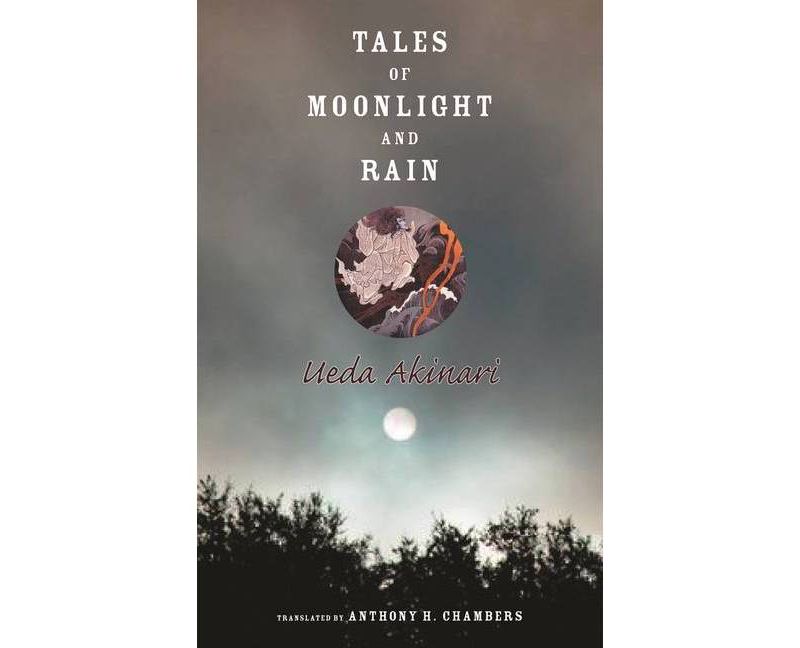
Tales of Moonlight and Rain - (Translations from the Asian Classics (Paperback)) by Akinari Ueda (Paperback)
CTNR905842 09780231139137 CTNR905842$ 27.97 $ 29.14 4% Off
*Product availability is subject to suppliers inventory
SHIPPING ALL OVER UNITED STATES
100% MONEY BACK GUARANTEE
EASY 30 DAYSRETURNS & REFUNDS
24/7 CUSTOMER SUPPORT
TRUSTED AND SAFE WEBSITE
100% SECURE CHECKOUT
Genre: Literary Collections
Sub-Genre: Asian
Series Title: Translations from the Asian Classics (Paperback)
Format: Paperback
Publisher: Columbia University Press
Age Range: Adult
Book theme: General
Author: Akinari Ueda
Language: Japanese
About the Book
Tales of Moonlight and Rain alludes to the belief that mysterious beings appear on cloudy, rainy nights and in mornings with the lingering moon. In "Shiramine," the vengeful ghost of the former emperor Sutoku reassumes the role of king; in "The Chrysanthemum Vow," a faithful revenant fulfills a promise; "The Kibitsu Cauldron" tells a tale of spirit possession; and in "The Carp of My Dreams," a man straddles the boundaries between the waking world and dream. Akinari's masterful combination of phrases from Japanese classics with creatures from Chinese and Japanese fiction and lore lend the collection its eerie beauty. This translation skillfully maintains the allure and complexity of Akinari's original prose.
Book Synopsis
First published in 1776, the nine gothic tales in this collection are Japan's finest and most celebrated examples of the literature of the occult. They subtly merge the world of reason with the realm of the uncanny and exemplify the period's fascination with the strange and the grotesque. They were also the inspiration for Mizoguchi Kenji's brilliant 1953 film Ugetsu. The title Ugetsu monogatari (literally "rain-moon tales") alludes to the belief that mysterious beings appear on cloudy, rainy nights and in mornings with a lingering moon. In "Shiramine," the vengeful ghost of the former emperor Sutoku reassumes the role of king; in "The Chrysanthemum Vow," a faithful revenant fulfills a promise; "The Kibitsu Cauldron" tells a tale of spirit possession; and in "The Carp of My Dreams," a man straddles the boundaries between human and animal and between the waking world and the world of dreams. The remaining stories feature demons, fiends, goblins, strange dreams, and other manifestations beyond all logic and common sense. The eerie beauty of this masterpiece owes to Akinari's masterful combination of words and phrases from Japanese classics with creatures from Chinese and Japanese fiction and lore. Along with The Tale of Genji and The Tales of the Heike, Tales of Moonlight and Rain has become a timeless work of great significance. This new translation, by a noted translator and scholar, skillfully maintains the allure and complexity of Akinari's original prose.Review Quotes
A shining new version of a living Japanese classic.--Japan Times
Chambers's edition of Tales of Moonlight and Rain is well worthwhile... Highly Recommended.--The Complete Review
Chambers's new translation is a lucid addition to the handful of previous versions.--James Lasdun's "The Guardian "
Japan scholars and people who just like weird, spooky stuff should enjoy this new edition of Akinari's classic.--Brad Quinn "Daily Yomiuri "
About the Author
Ueda Akinari (1734-1809), one of the great writers of Japanese fiction, was also a scholar, poet, physician, and tea master. Anthony H. Chambers is professor of Japanese literature and literary translation at Arizona State University. He has translated many works of Japanese literature, both classical and modern, and is the author of The Secret Window: Ideal Worlds in Tanizaki's Fiction.


